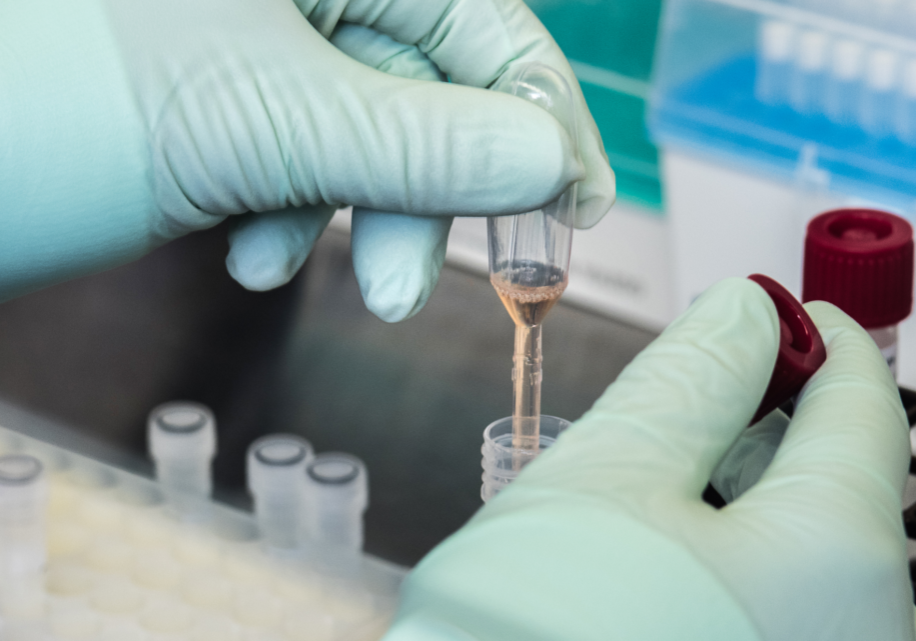Vaccination Considerations for
Persons with Underlying Medical Conditions
People with Certain
Medical Conditions
Adults of any age with certain underlying medical conditions are at increased risk for severe illness from the virus that causes COVID-19. Severe illness from COVID-19 is defined as hospitalization, admission to the ICU, intubation or mechanical ventilation, or death.
Adults of any age with the following conditions are at increased risk of severe illness from the virus that causes COVID-19:
- Cancer
- Chronic kidney disease
- COPD (chronic obstructive pulmonary disease)
- Down Syndrome
- Heart conditions, such as heart failure, coronary artery disease, or cardiomyopathies
- Immunocompromised state (weakened immune system) from solid organ transplant
- Obesity (body mass index [BMI] of 30 kg/m2 or higher but < 40 kg/m2)
- Severe Obesity (BMI ≥ 40 kg/m2)
- Pregnancy
- Sickle cell disease
- Smoking
- Type 2 diabetes mellitus
COVID-19 is a new disease. Currently there are limited data and information about the impact of many underlying medical conditions on the risk for severe illness from COVID-19. Based on what we know at this time, adults of any age with the following conditions might be at an increased risk for severe illness from the virus that causes COVID-19:
- Asthma (moderate-to-severe)
- Cerebrovascular disease (affects blood vessels and blood supply to the brain)
- Cystic fibrosis
- Hypertension or high blood pressure
- Immunocompromised state (weakened immune system) from blood or bone marrow transplant, immune deficiencies, HIV, use of corticosteroids, or use of other immune weakening medicines
- Neurologic conditions, such as dementia
- Liver disease
- Overweight (BMI > 25 kg/m2, but < 30 kg/m2)
- Pulmonary fibrosis (having damaged or scarred lung tissues)
- Thalassemia (a type of blood disorder)
- Type 1 diabetes mellitus
Source: https://www.cdc.gov/coronavirus/2019-ncov/need-extra-precautions/people-with-medical-conditions.html
Adults of any age with certain underlying medical conditions are at increased risk for severe illness from the virus that causes COVID-19. mRNA COVID-19 vaccines may be administered to people with underlying medical conditions provided they have not had a severe allergic reaction to any of the ingredients in the vaccine. The following information aims to help people in the groups listed below make an informed decision about receiving the mRNA COVID-19 vaccine.

Source: CDC/ James Gathany
This Centers for Disease Control and Prevention (CDC) scientist was preparing to test a patient’s sample for SARS-CoV-2, using the CDC 2019 Novel Coronavirus (2019-nCoV) Real-Time Reverse Transcriptase (RT)–PCR Diagnostic Panel.
People who have weakened immune systems
People with HIV and those with weakened immune systems due to other illnesses or medication might be at increased risk for severe COVID-19. They may receive a COVID-19 vaccine. However, they should be aware of the limited safety data:
- Information about the safety of mRNA COVID-19 vaccines for people who have weakened immune systems in this group is not yet available.
- People living with HIV were included in clinical trials, though safety data specific to this group are not yet available at this time.
People with weakened immune systems should also be aware of the potential for reduced immune responses to the vaccine, as well as the need to continue following all current guidance to protect themselves against COVID-19 (see below).
People who have autoimmune conditions
People with autoimmune conditions may receive an mRNA COVID-19 vaccine. However, they should be aware that no data are currently available on the safety of mRNA COVID-19 vaccines for them. Individuals from this group were eligible for enrollment in clinical trials.
People who have previously had Guillain-Barre syndrome
Persons who have previously had GBS may receive an mRNA COVID-19 vaccine. To date, no cases of Guillain-Barre syndrome (GBS) have been reported following vaccination among participants in the mRNA COVID-19 vaccine clinical trials. With few exceptions, the independent Advisory Committee on Immunization Practices (ACIP) general best practice guidelines for immunization do not include a history of GBS as a precaution to vaccination with other vaccines.
People who have previously had Bell’s palsy
Cases of Bell’s palsy were reported in participants in the mRNA COVID-19 vaccine clinical trials. However, the Food and Drug Administration (FDA) does not consider these to be above the rate expected in the general population. They have not concluded these cases were caused by vaccination. Therefore, persons who have previously had Bell’s Palsy may receive an mRNA COVID-19 vaccine.
After vaccination, current guidelines to prevent
the spread of COVID-19 should be followed
Until experts learn more about the protection that COVID-19 vaccines provide under real-life conditions, people who decide to get vaccinated should continue to follow all current guidance to protect themselves against COVID-19 after they are vaccinated. That means:
- Wearing a mask
- Staying at least six feet away from others
- Avoiding crowds
- Washing hands with soap and water for 20 seconds or using hand sanitizer with at least 60% alcohol
- Following CDC travel guidance
- Following quarantine guidance after exposure to COVID-19
- Following any applicable workplace guidance
Source: https://www.cdc.gov/coronavirus/2019-ncov/vaccines/recommendations/underlying-conditions.html
